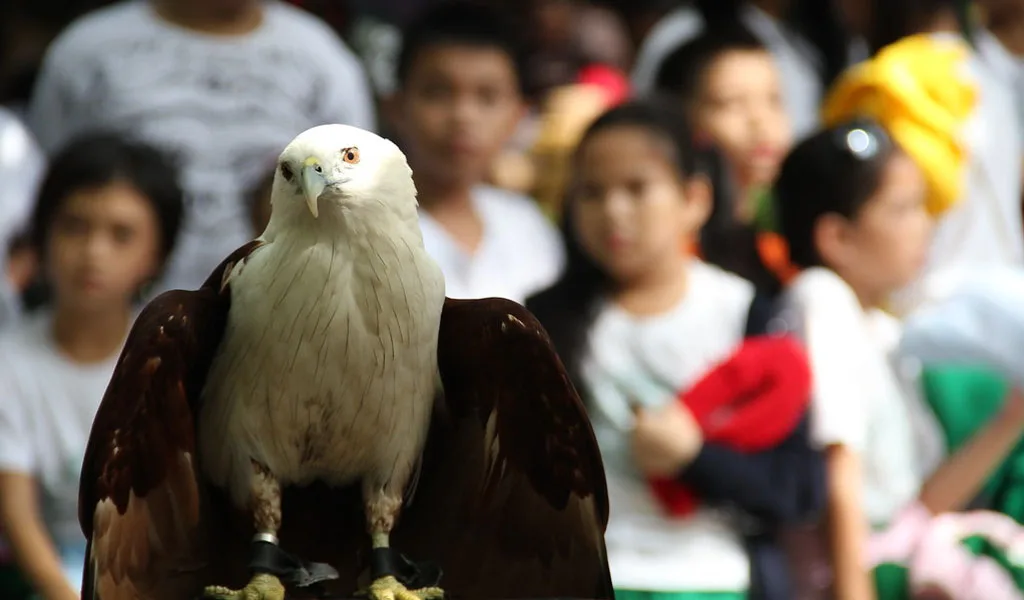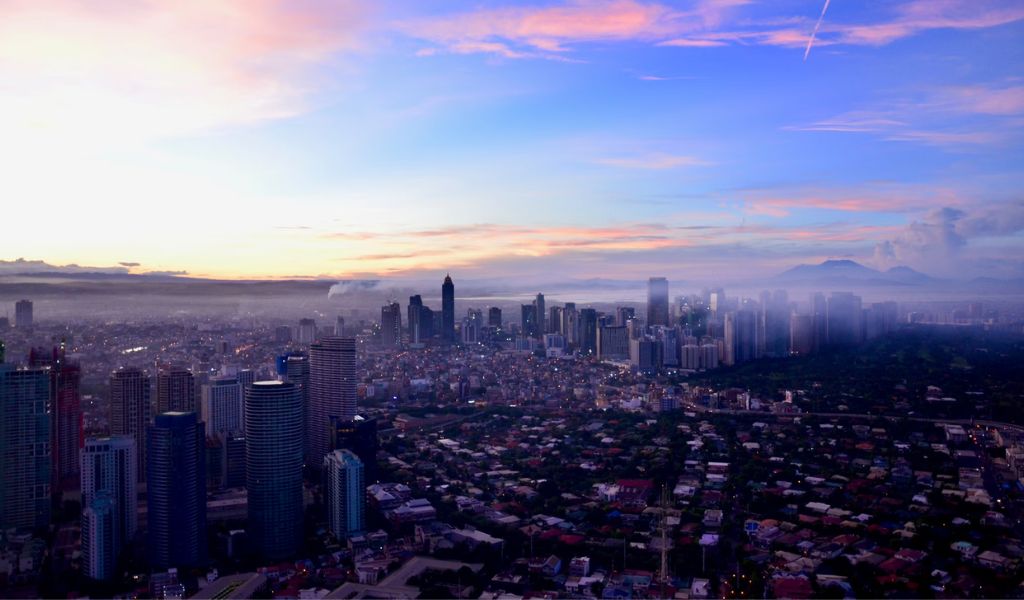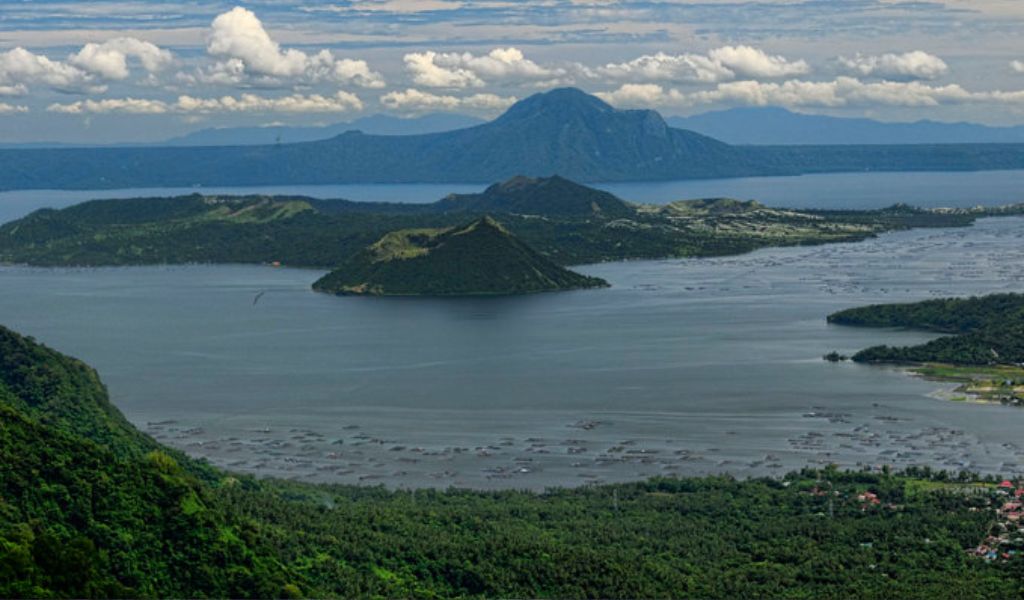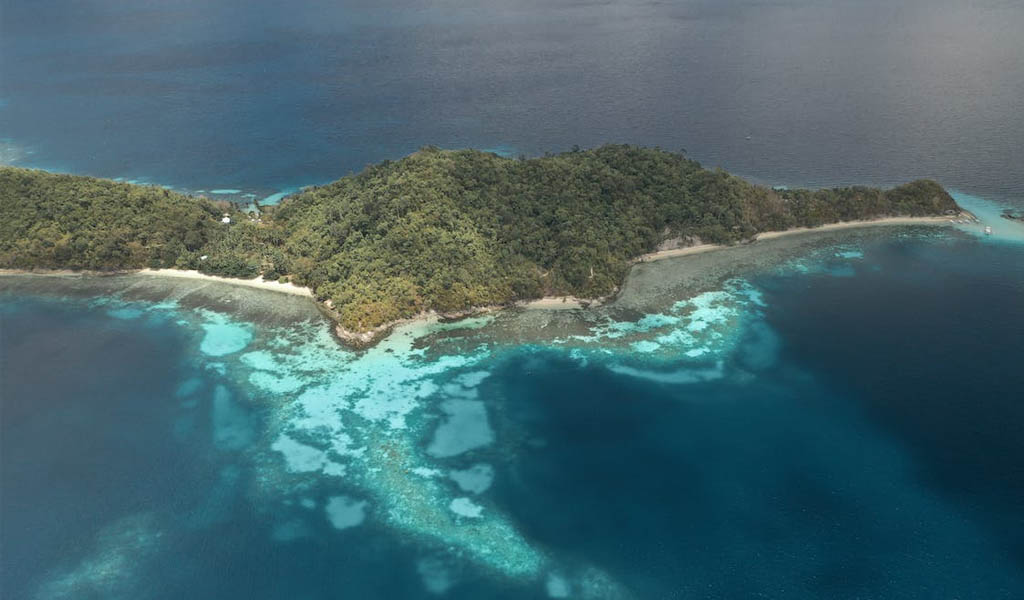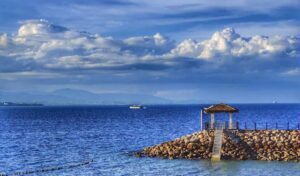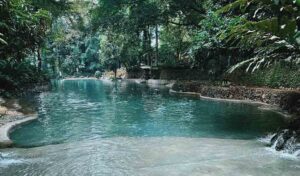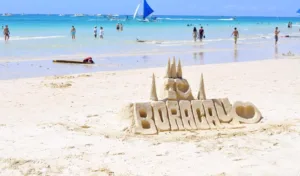Pack Your Bags and Your Brain – Embark on Educational Field Trips in Luzon!
Luzon, the Philippines’ largest and most populous island, is a treasure trove of cultural heritage, astounding natural wonders, and a deep well of historical significance. Going beyond the traditional classroom setting, educational field trips in Luzon offer students, educators, and lifelong learners the chance to immerse themselves in enriching experiences that inspire curiosity and foster learning.
This vibrant island doesn’t just buzz with the hustle and bustle of Manila, but it’s also home to destinations where history comes alive, nature speaks volumes, and science is observed in motion. As we list down our top 5 educational field trips in Luzon, prepare to explore and absorb knowledge in the most interactive way possible. So, lace up your most comfortable shoes because we’re taking you through an itinerary that promises an equal dose of education and excitement!
History Comes Alive at Intramuros, Manila
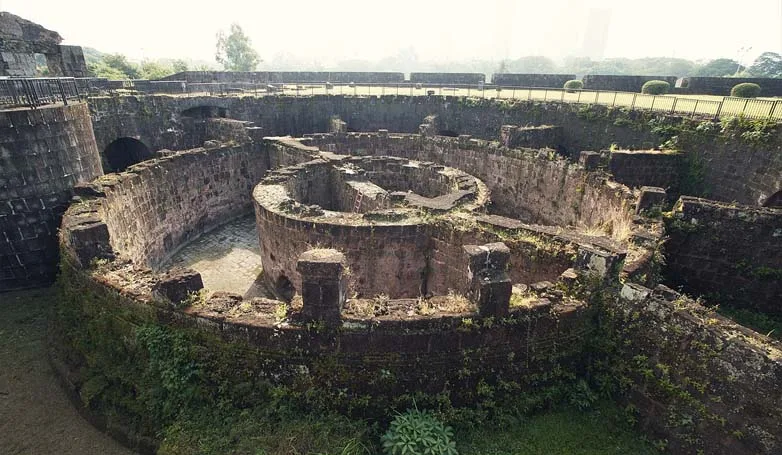
Intramuros, the historic walled city in the heart of Manila, offers an immersive educational experience where history truly comes alive. As the oldest district in Manila, it was the center of Spanish colonial power in the Philippines for over 300 years.
Field trips to Intramuros provide students with the opportunity to explore iconic landmarks like Fort Santiago, the Manila Cathedral, and San Agustin Church, each offering a glimpse into the country’s rich colonial past. Guided tours take visitors through cobblestone streets, bringing stories of historical figures, battles, and events that shaped Philippine history.
With its well-preserved architecture, museums, and cultural sites, Intramuros is not only a destination for history enthusiasts but also a living classroom that enhances learning about the nation’s struggle for independence and its cultural heritage.
The Natural Classroom at Taal Volcano and Lake, Batangas
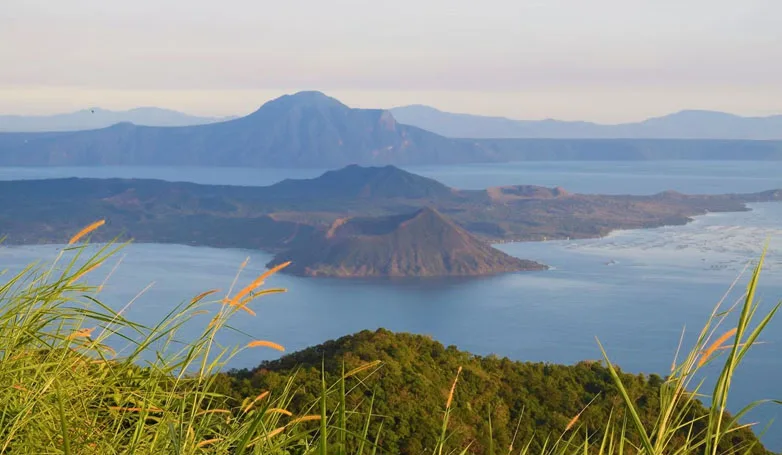
Taal Volcano and Lake in Batangas provide an exceptional natural classroom for educational field trips, offering students a unique opportunity to study both geology and ecology in a stunning setting. As one of the most active volcanoes in the Philippines, Taal offers insights into volcanic activity, with its dramatic landscape featuring a lake within a caldera and a small island at its center.
Field trips to this UNESCO Biosphere Reserve allow students to learn about volcanic eruptions, tectonic plate movements, and the rich biodiversity of the area, including endemic species. The breathtaking scenery also offers a chance to explore the delicate balance between nature and human settlements, as communities live near the volcano despite its activity.
Educational tours often include boat rides across Taal Lake, hikes to the summit for panoramic views, and visits to nearby towns, making this a dynamic destination for studying earth sciences and environmental conservation.
Biodiversity Expedition at the Hundred Islands National Park, Pangasinan
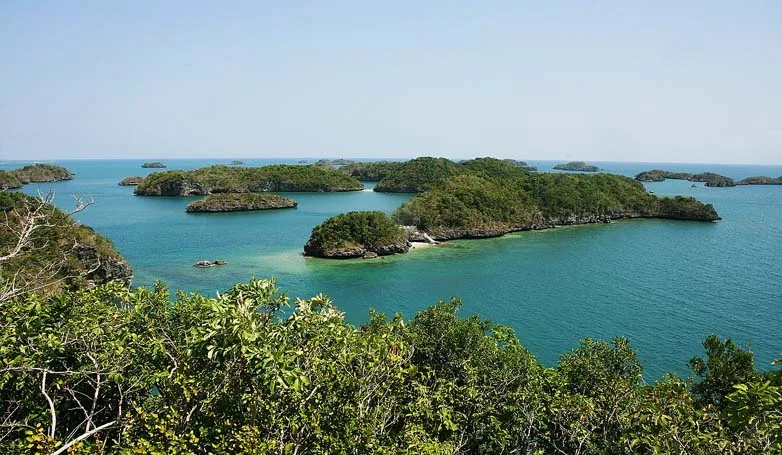
The Hundred Islands National Park in Pangasinan serves as an ideal destination for a biodiversity expedition, offering students a hands-on learning experience in one of the country’s most diverse marine ecosystems. Comprising over 120 small islands scattered across the Lingayen Gulf, this protected area is home to a rich variety of flora and fauna, both on land and beneath the waters.
Students can explore the vibrant coral reefs, which host an array of marine species such as colorful fish, sea turtles, and mollusks, making it a perfect site for studying marine biology and conservation. On land, the islands are covered with lush forests that provide shelter to various bird species, including migratory ones, and native plants.
Educational field trips to the park often include snorkeling, island hopping, and guided nature walks, where students learn about the importance of preserving biodiversity, the effects of climate change on marine ecosystems, and sustainable tourism practices. The Hundred Islands is not just a place for adventure but an immersive classroom where students can witness the beauty and importance of conserving our natural resources.
A Historical Quest at The Banaue Rice Terraces, Ifugao
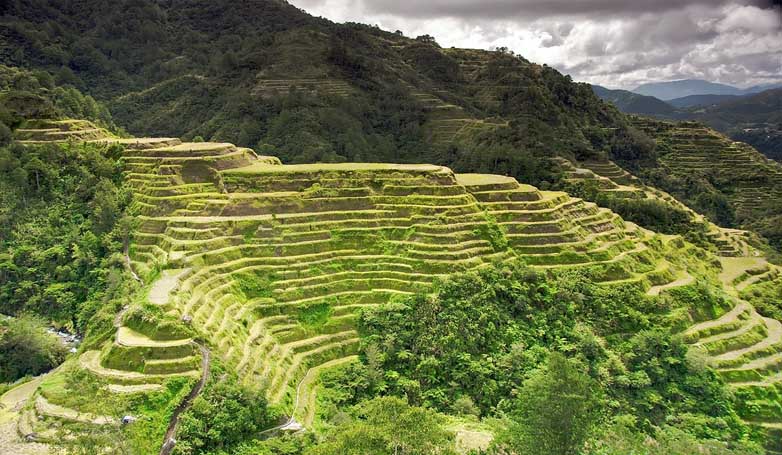
The Banaue Rice Terraces in Ifugao offer a captivating historical quest that immerses students in the rich cultural heritage and agricultural ingenuity of the indigenous Ifugao people. Often referred to as the “Eighth Wonder of the World,” these 2,000-year-old terraces are a testament to the remarkable engineering skills of the Ifugao ancestors, who developed this intricate irrigation system without modern tools.
Field trips to the Banaue Rice Terraces allow students to explore these terraced slopes, where they learn about traditional farming techniques that have been passed down through generations, and the vital role of the terraces in sustaining local communities. The surrounding villages offer opportunities to engage with Ifugao culture through visits to traditional homes, museums, and interactions with locals, providing insights into their customs, rituals, and deep connection to the land.
Students also learn about the importance of preserving this UNESCO World Heritage site, as it faces challenges from climate change, modernization, and population growth. A visit to the Banaue Rice Terraces is an unforgettable educational journey that brings history, culture, and environmental conservation together.
An Astronomical Adventure at The PAGASA Astronomical Observatory, Quezon City
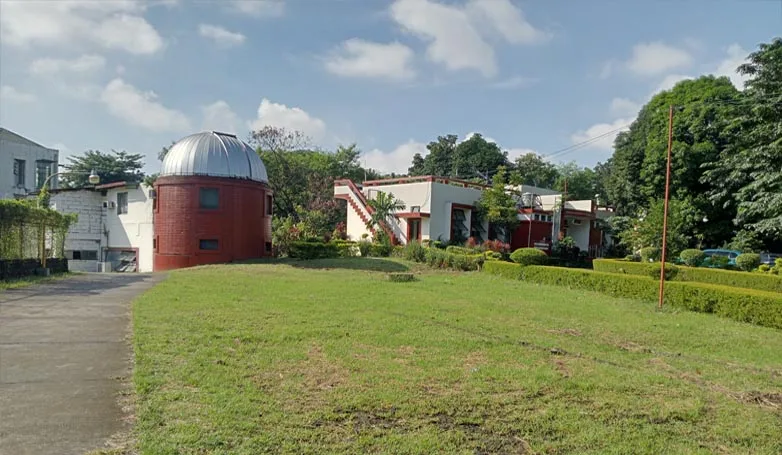
The PAGASA Astronomical Observatory in Quezon City offers an exciting astronomical adventure, making it an ideal field trip destination for students interested in space science and celestial exploration. As the Philippines’ premier observatory, it provides a unique opportunity to observe the wonders of the night sky through powerful telescopes and gain a deeper understanding of astronomy.
Field trips to the observatory include guided tours of its facilities, where students learn about the history of Philippine astronomy, the workings of telescopes, and the study of celestial bodies such as planets, stars, and distant galaxies. The observatory also offers educational sessions on the latest space missions, the science of eclipses, and the significance of astronomical phenomena.
Through interactive exhibits and expert-led discussions, students are encouraged to explore the vastness of the universe, fostering curiosity about space exploration, the solar system, and beyond. The PAGASA Astronomical Observatory provides an awe-inspiring and educational experience that sparks a passion for science and inspires the next generation of astronomers.
Packing Guide For Educational Field Trips in Luzon
Packing for an educational field trip in Luzon, the largest island in the Philippines, can be an exciting endeavor! Whether you’re exploring the bustling streets of Manila, the historic sites in Vigan, the scenic views at the Banaue Rice Terraces, or the natural wonders of Mount Pinatubo, you’ll want to come prepared. Here’s a friendly guide to help you pack your bags for a fun and educational experience:
Essential Items
- Backpack: Choose a comfortable, sturdy backpack to carry your essentials without straining your shoulders.
- Water Bottle: Stay hydrated under the tropical sun; a refillable water bottle is a must.
- Comfortable Footwear: Whether it’s sneakers for city exploration or hiking boots for nature treks, your feet will thank you for your support.
- Light, Breathable Clothing: Given Luzon’s often humid climate, pack clothes that are light and airy. Include a hat or a cap to protect yourself from the sun.
- Rain Gear: An umbrella or a lightweight, waterproof jacket can be a lifesaver during sudden rain showers, especially during the rainy season from June to November.
Educational Supplies
- Notebook and Pens: Jot down interesting facts, observations, and thoughts.
- Camera or Smartphone: Capture memories and document your learning experiences. Don’t forget the charger and perhaps a power bank!
- Educational Materials: Bring any provided guides, maps, or reading material to enrich your understanding of the sites you’re visiting.
Personal Care
- Sunscreen: Protect your skin from the tropical sun with a high-SPF sunscreen.
- Insect Repellent: Ward off mosquitoes and other insects, especially if you’re venturing into rural or forested areas.
- First Aid Kit: Include basics like band-aids, antiseptic wipes, and any personal medications.
- Hygiene Kit: Pack hand sanitizer, wet wipes, tissues, and a small towel for freshening up on the go.
Cultural Respect
- Modest Clothing: When visiting religious sites, such as churches or indigenous communities, dress respectfully. Carry a scarf or a sarong to cover up when needed.
- Language Guide: Learn a few basic phrases in Filipino or the local dialect to show respect and make connections with locals.
Extras
- Snacks: Bring some non-perishable snacks to keep your energy up during the day.
- Reusable Bag: Have a tote or a foldable bag handy for souvenirs or additional materials you might receive.
- Portable Fan: A battery-operated handheld fan can be a relief during hot or humid conditions.
Documents
- ID and Emergency Information: Keep identification and a list of emergency contacts accessible.
- Cash and Cards: While urban areas have ATMs, carry a reasonable amount of cash for places that may not accept credit cards, especially in the countryside.
Remember to tailor your packing list to the specific activities you’ll be engaging in and consider the length of your trip. Additionally, check the weather forecast before you travel and make any last-minute adjustments to your packing list. Preparation is key to ensuring a hassle-free and educational experience. Enjoy your educational field trips in Luzon and the wonderful learning opportunities it brings!
Journey Through Luzon with Knowledge as Your Guide

With its dynamic mix of history, nature, culture, and science, Luzon positions itself as not merely an island but a living classroom under the sun. From traversing ancient walls to peering through astronomical lenses, these top 5 educational field trips in Luzon prove that learning can be a thrilling adventure that stretches far beyond the four walls of a school. So pack up your notebooks and curiosity because Luzon awaits lessons you simply can’t get from a textbook alone. Embrace the joy of learning as you witness the wonders of the Philippine archipelago in all its educational glory.
Embark on these journeys across Luzon and let every step be a stride towards broader horizons and brighter minds. Here’s to knowledge, experience, and memories that will last a lifetime – the Luzonian educational adventure is just the beginning!
FAQs About The Educational Field Trips in Luzon
1. What are the educational benefits of field trips for students?
Field trips provide students with real-world experiences that enhance learning and retention, offer a break from the usual classroom routine, and can spark interest in new subjects and careers. They also promote social interaction and develop critical thinking and observation skills as students engage with their environment.
2. How do educators select a site for a field trip?
Educators often choose sites that complement the curriculum, have educational programs relevant to the student’s age and learning levels, are safe and accessible, offer hands-on or interactive learning opportunities, and fall within budget constraints.
3. What is the role of chaperones during field trips?
Chaperones supervise students to ensure their safety, help manage the logistics of student groups, support educational objectives by reinforcing learning, and assist in emergencies. They are crucial for maintaining discipline and making sure that the itinerary is followed.
4. How can technology be integrated into field trips?
Technology can be integrated into field trips through the use of educational apps, digital scavenger hunts, recording devices for documentation, and social media or blogs to share experiences. QR codes can be used to access more information about exhibits, and GPS devices can help with navigation.
5. Are there any restrictions or requirements for field trips due to the COVID-19 pandemic?
- Yes, depending on the prevailing government regulations, there can be restrictions like reduced group sizes, mask mandates, social distancing, and possibly the need for testing or vaccination certificates.
- Always check the latest guidelines from the Department of Education and local government units before planning a trip.

